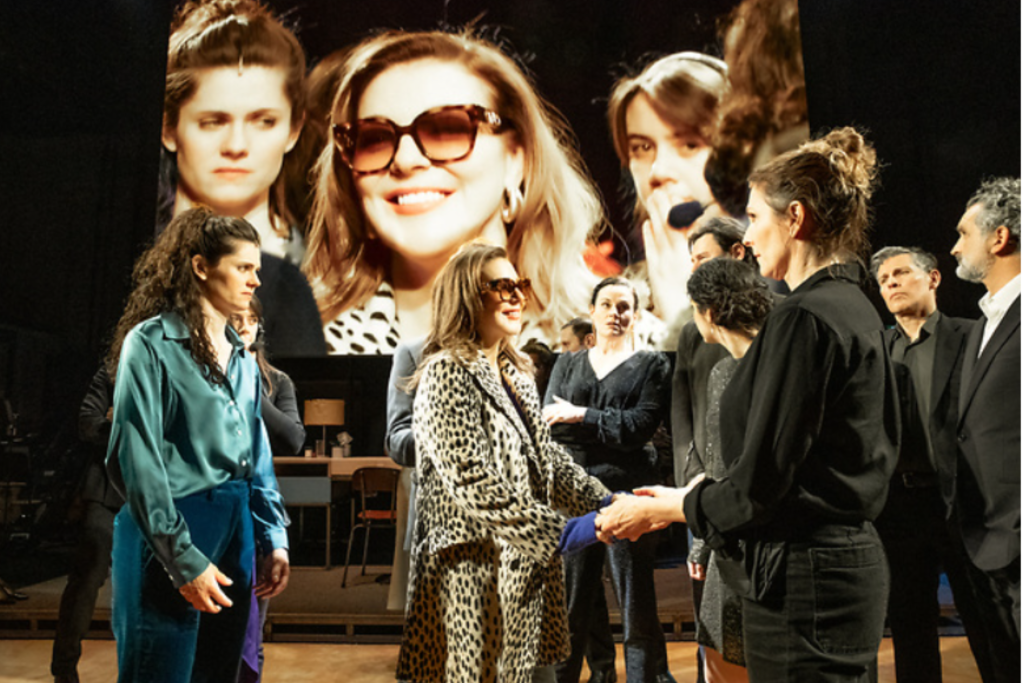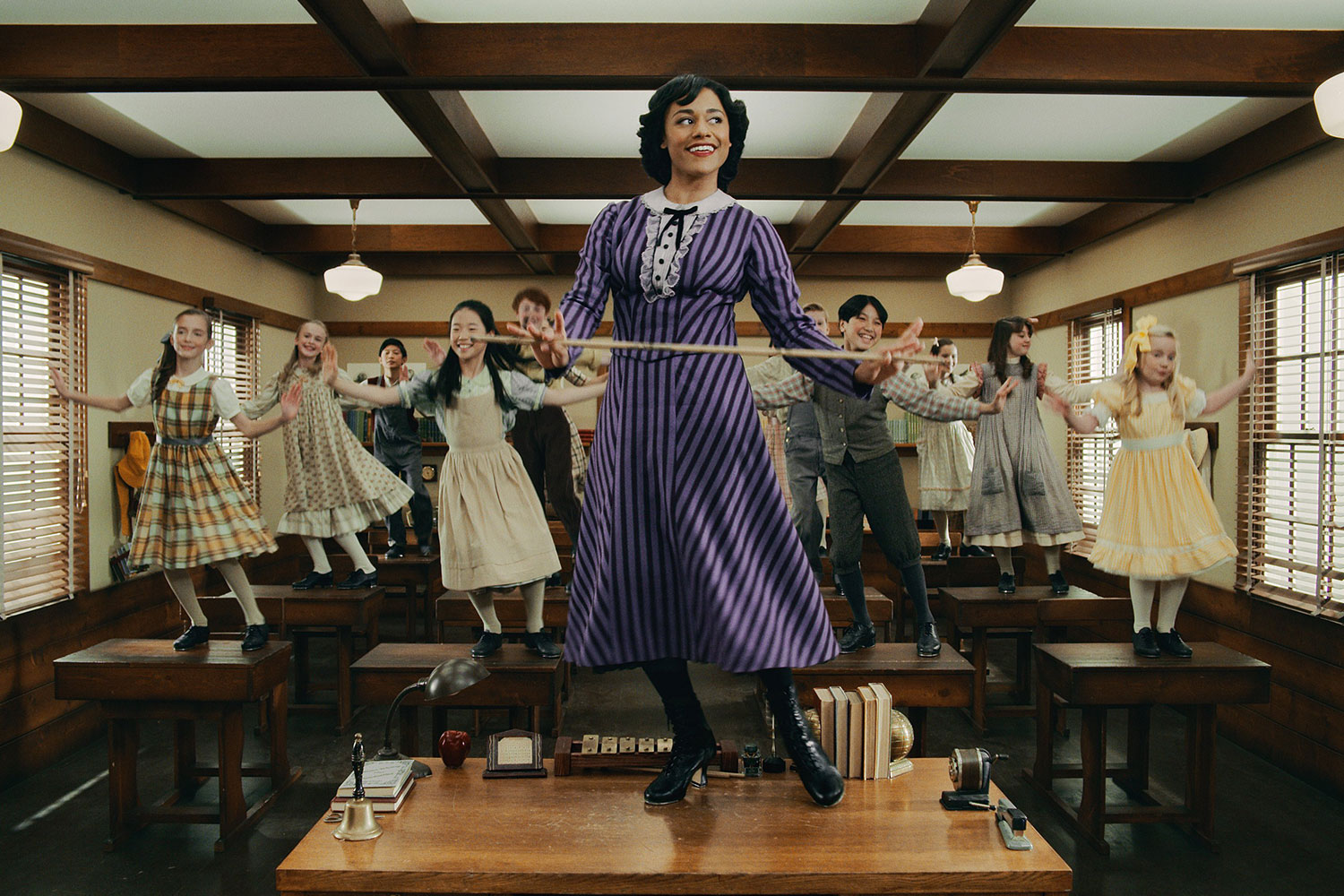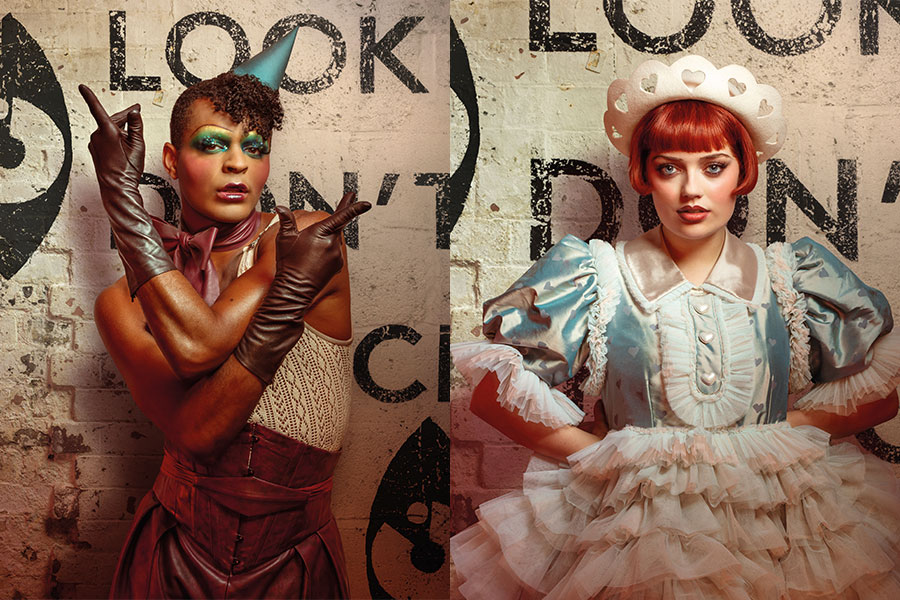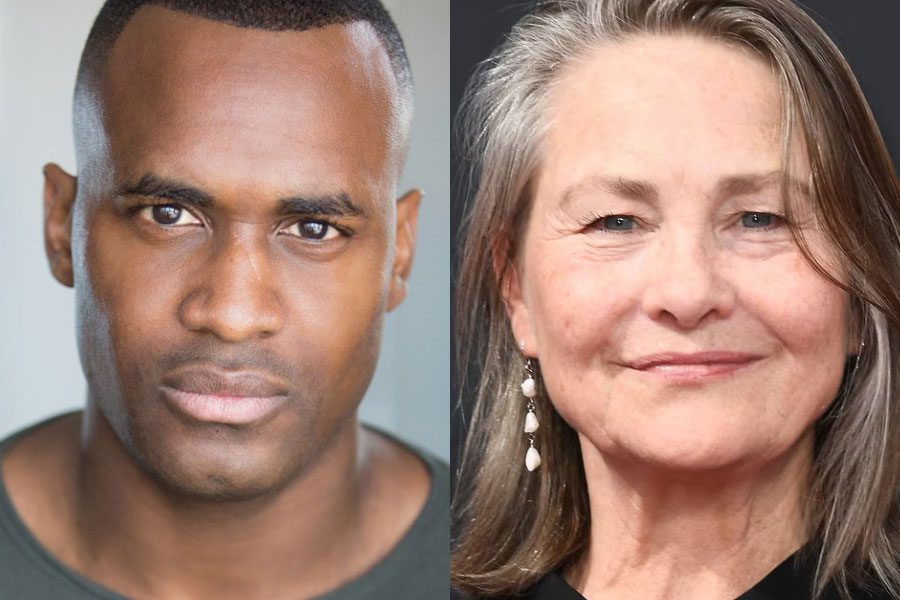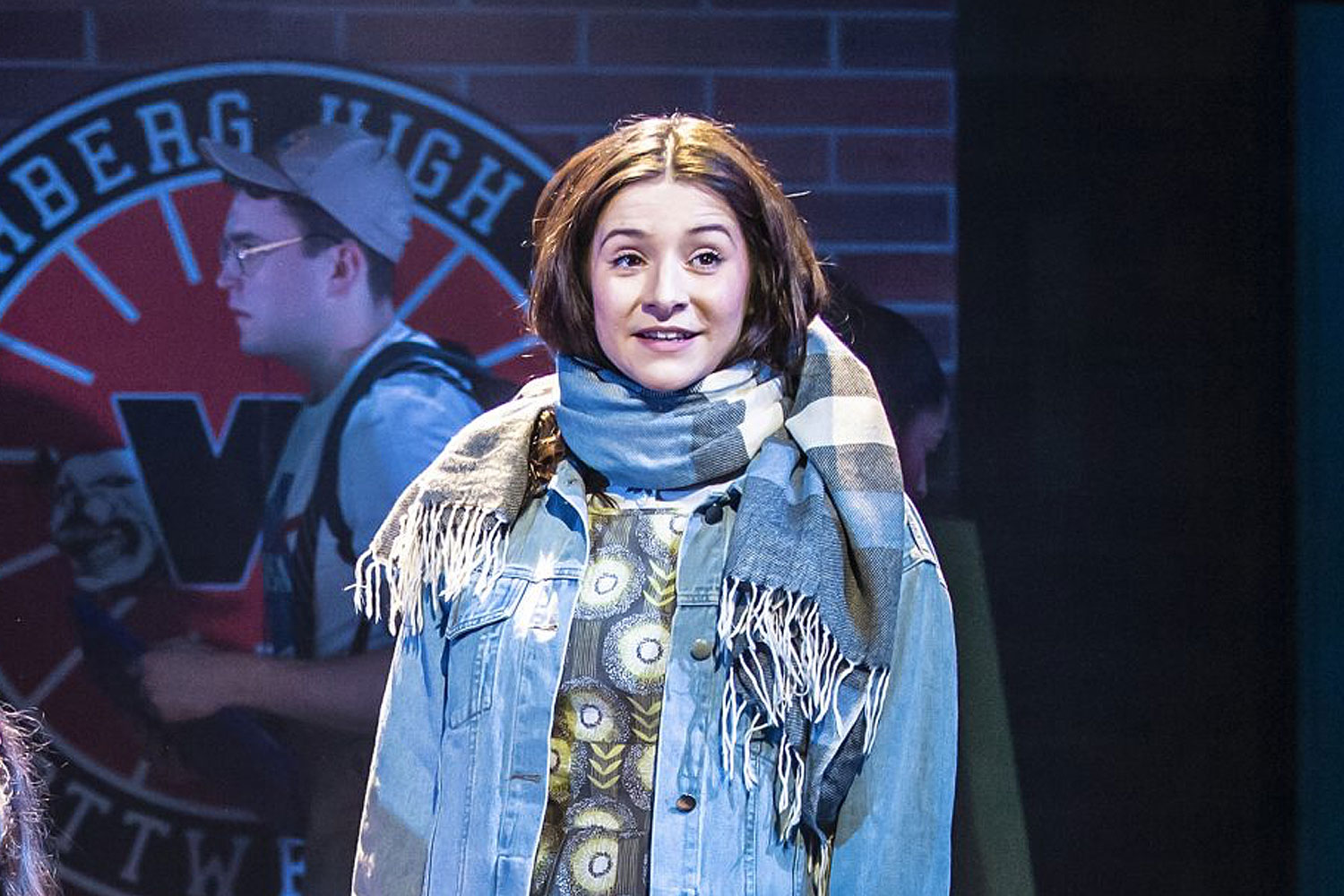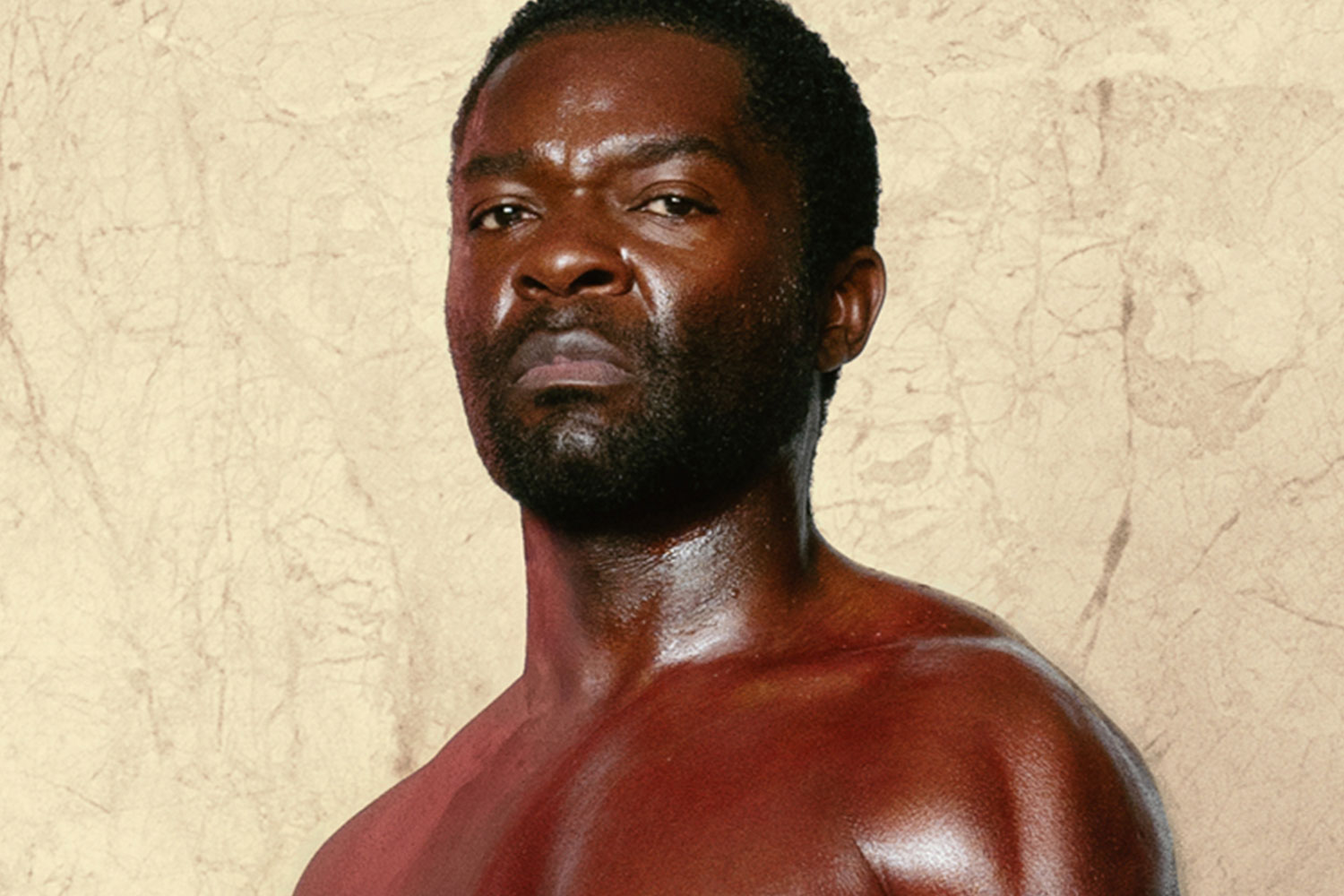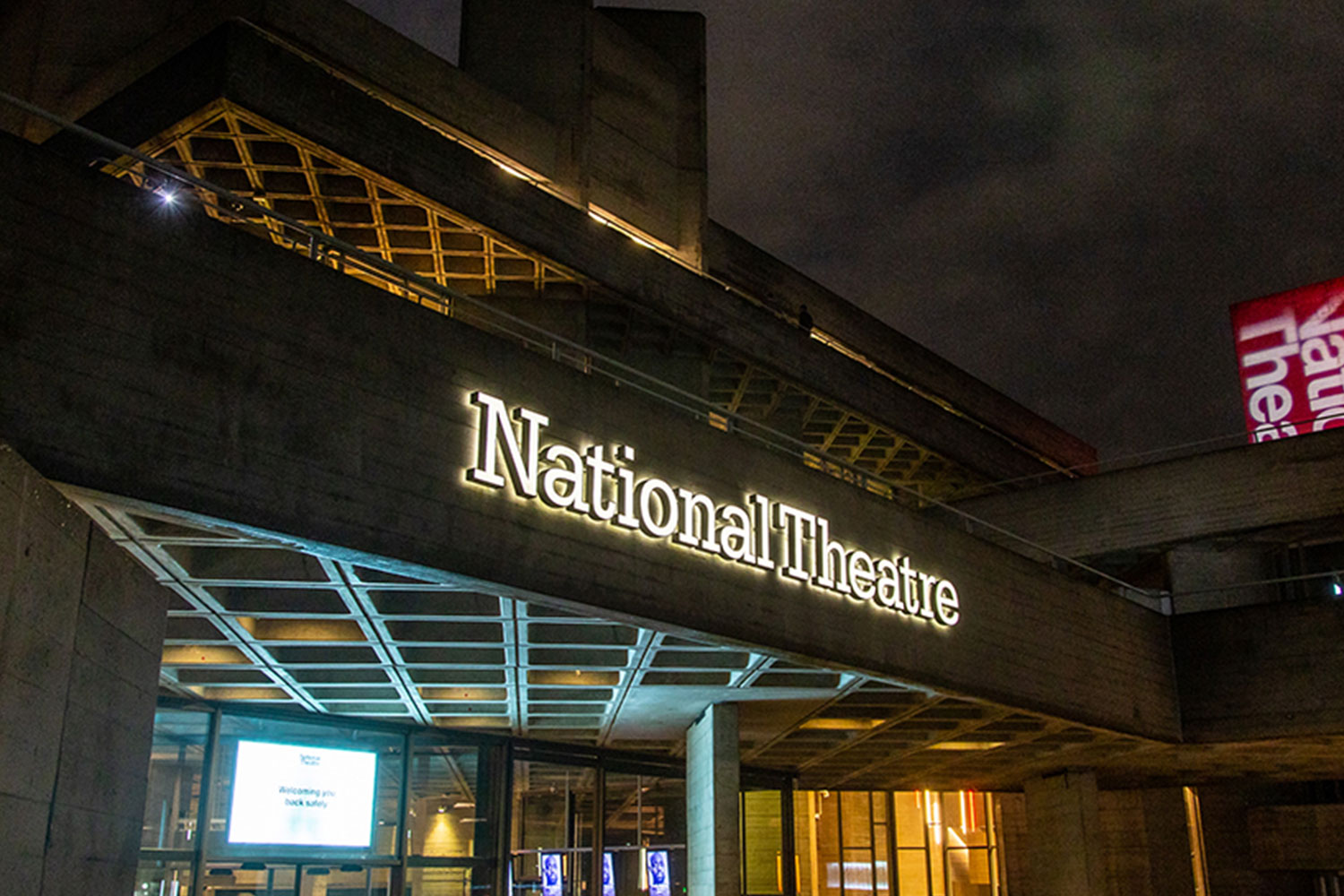20 Questions With…Desmond Barrit
Having trained and worked as an accountant, Desmond Barrit got his first job as an actor thanks to a bet with a flatmate and he’s been working steadily on stage and screen ever since.
Barrit has been critically acclaimed particularly for his various productions for the Royal Shakespeare Company. These have included: Twelfth Night which he performed for two years; A Midsummer Night’s Dream, starring as Bottom in the UK, on Broadway and on tour across the US; The Comedy of Errors, for which he won the 1992 Laurence Olivier Award for Best Comedy Performance; and, as part of the company’s This England History Cycle in 2000, Henry IV, Parts One and Two, for which he was nominated for another Olivier, for Best Supporting Performance.
Amongst Barrit’s other London theatre credits are: at the National, Mountain Giants, The Recruiting Officer, The Wind in the Willows and The Magistrate; at the Royal Court, This Is a Chair; and in the West End, The Scarlet Pimpernel, Eurydice, Three Men on a Horse, The Liar and the double bill of The Real Inspector Hound and Black Comedy.
Regionally, Barrit has appeared in productions of Fortune’s Fool and On the Razzle at Chichester, where this summer he returns to play Shylock in The Merchant of Venice as part of the first season of new artistic directors Steven Pimlott, Martin Duncan and Ruth Mackenzie.
In the meantime, Barrit is featuring in another inaugural season, that of artistic director Michael Grandage at London’s Donmar Warehouse, where the actor is currently playing opposite Rhys Ifans in Robert Delamere’s production of Dario Fo’s Accidental Death of an Anarchist.
Date & place of birth
Fifty-eight years ago in Swansea – my birthday is 19 October 1944.
Lives now in…
Hackney in south London, for the last 22 years, and I’ve also got a house in Stratford-upon-Avon.
Training
I didn’t. I was an accountant until I was 33, and then I became an actor as a result of a bet. A friend I was sharing a house with was at drama school, and at a leaving party to celebrate their final show, I said “Anyone can act” and bet that I could. The next day I answered an ad in The Stage, got the job, won the bet and became an actor, working with a multi-media company called the Caricature Theatre Company in Cardiff.
First big break
I did lots of rep and children’s theatre for about five years, and then Nicholas Hytner was holding auditions for The Scarlet Pimpernel at Chichester, I auditioned for it and got the job. I played Brogard, a character who had a withered hand and a withered leg, a hump on his back, and his right eye in the middle of his cheek. It was a very pretty character! It was a small part with only about 20 lines, but I got mentioned in all the reviews. After Chichester, the show transferred to Her Majesty’s in the West End.
Career highlights to date
One of things I enjoyed doing most was playing Bottom for the RSC in Adrian Noble‘s production of A Midsummer Night’s Dream. It was fantastic that we went to America with it and played on Broadway for three months. When you’re the son of a coalminer from South Wales, it never crosses your mind that you would end up doing that! Another highlight was winning the Olivier Award for The Comedy of Errors. I remember that Ian McKellen was presenting the award and, when my name was called out, I just sat in my seat until someone nudged me and said, “It’s you!” That was very exciting.
Favourite productions you’ve ever worked on
What you’re doing at the moment is always a favourite, and I’m thoroughly enjoying Accidental Death of an Anarchist. Agitprop theatre is something I’ve never been involved in before – it’s a completely different sort of production, and a play that I wouldn’t normally be associated with. One of things I loved doing was playing Falstaff in Henry IV, Parts One and Two at Stratford. It was wonderful to be able to develop a character over six hours, not three. That was part of the History Cycle the RSC did under the title This England. Part of my energy was taken by having to grow a beard for it, though. You feel like a tramp and everyone looks at you like you are one!
Favourite co-stars
I worked with Dawn French a few years ago in a revue at the Lyric Hammersmith called Then Again. I’ve always been a fan of Dawn’s and found her terribly, terribly funny, so being in a show with her was glorious. I would stand in the wings every night and have a wonderful evening’s entertainment just watching her.
Favourite directors
Nicholas Hytner because he’s totally, totally inspired, and Rachel Kavanaugh, who directed A View from the Bridge that I was in at Greenwich, is an up-and-coming director I loved working with.
Favourite playwrights
Samuel Beckett is one of my favourites. I did Waiting for Godot years ago and would love to do it again. It’s not an easy play to do nor an easy playwright to perform, but it really makes you think and work. It amused me and confused me, but it was very satisfying to do.
What roles would you most like to play still?
Because I never originally intended to be an actor, I never have a burning desire to do anything.
What’s the best thing you’ve seen on stage recently
For the last seven months, I haven’t been to the theatre at all. I was in Chicago, directing Twelfth Night at a university there, so I had no chance to see anything or go anywhere. Then I came back to Britain and went straight to the Cardiff New Theatre to direct Cannon and Ball in panto, and then I went to Norfolk for a production of a panto I’d written, Goldilocks and the Three Bears, at the Sheringham Little Theatre.
What advice would you give the government to secure the future of British theatre?
I would ask for more subsidies for smaller theatres, so that seat prices can be kept down and it doesn’t become elitist like opera has become.
If you could swap places with one person (living or dead), who would it be?
I know Catherine Zeta-Jones who is also from Swansea, and when I was in LA a few years ago, we went out a few times. I’d like to swap places with her for a day. I’d like to know why she doesn’t think a million pounds is much money. I know that £500,000 would make a big difference to me, so if £1 million doesn’t matter, your life must be blessed.
Favourite holiday destinations
Turkey. If I’ve just finished a job, I like to go there for three or four days. I’ve seen all the sights, so I just take a few books, sit in the sun and eat a lot of food. It’s glorious.
Favourite books
At the moment, I’m reading Claire Tomalin’s biography about Samuel Pepys Samuel Pepys: The Unequalled Self, which won the Whitbread Prize, and I’m finding it really fascinating. It’s very accessible, and it’s like reading about someone you know.
Favourite after-show haunts
Joe Allen’s. Everybody gets there eventually, and there aren’t a lot of restaurants where you can sit eating till two in the morning.
If you hadn’t become an actor, what would you have been professionally?
A gardener. I plant shrubs at home and to watch them flower is fantastic. It’s like having a child – you are totally responsible for it, and when it’s successful it’s wonderful. I have won a few prizes for my gardens!
Why did you want to accept your part in Accidental Death of an Anarchist?
I said yes because it was at the Donmar as part of Michael Grandage‘s first season, and Michael and I were in The Scarlet Pimpernel together. I found the play interesting and exciting, and working with Rhys Ifans was an exciting prospect…. Then I discovered what I’d let myself in for during rehearsals!
Why do you think this play is relevant today?
There are still problems with the police and suspicions that they are using heavy-armed tactics, so those problems haven’t gone away – they’ve just been brought up-to-date for this production. Because of the nature of the piece, Simon Nye, who has written the adaptation, has had a free hand in re-writing it and it’s a great company show.
Have you ever had a brush with the law?
When I was in Swansea, opposite where I worked, there was a house that had been knocked down and there was just an enormous empty patch there. I was caught short one night and was desperate to have a pee. Just as I did, a police car arrived. All I was doing was peeing on dirty ground, but it was like something out of this play the way they handled it.
What’s special about working at the Donmar Warehouse?
It’s the first time I’ve been here, though I’ve worked for Donmar Warehouse Productions before in the West End. But having worked for the National, RSC and in the West End, it was time to do the Donmar. It has a pedigree for good acting, so why not me?
What are your plans for the future?
After this, I’m going to play Shylock in The Merchant of Venice at Chichester. It’s not the sort of part you would immediately think of me for. I’m not Jewish, for a start, and people think of me as a high-energy actor, whereas Shylock doesn’t need great energy – instead, it’s a concentrated part that needs clarity of delivery, really, so I’m looking forward to the change.
– Desmond Barrit was speaking to Mark Shenton
Accidental Death of an Anarchist continues at the Donmar Warehouse until 19 April 2003. The Merchant of Venice runs in repertory at Chichester Festival Theatre from 6 June to 2 October 2003.




